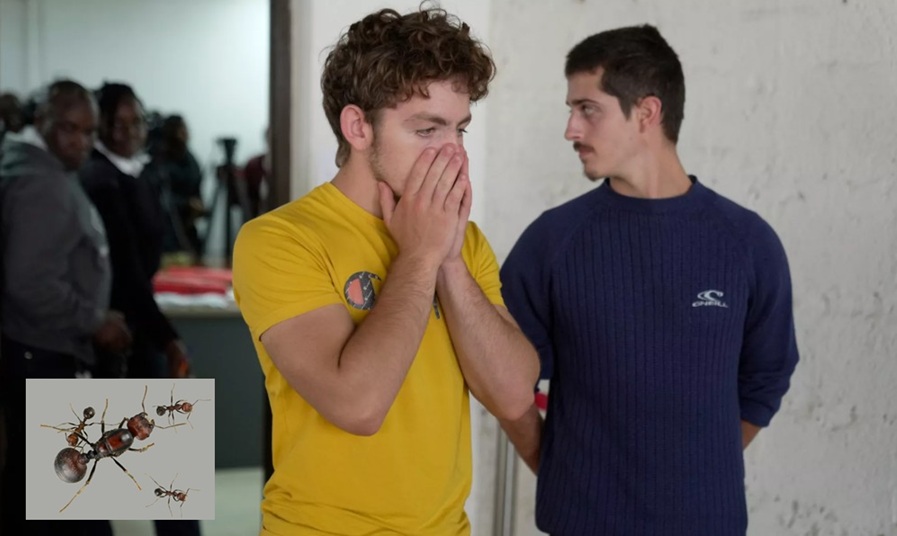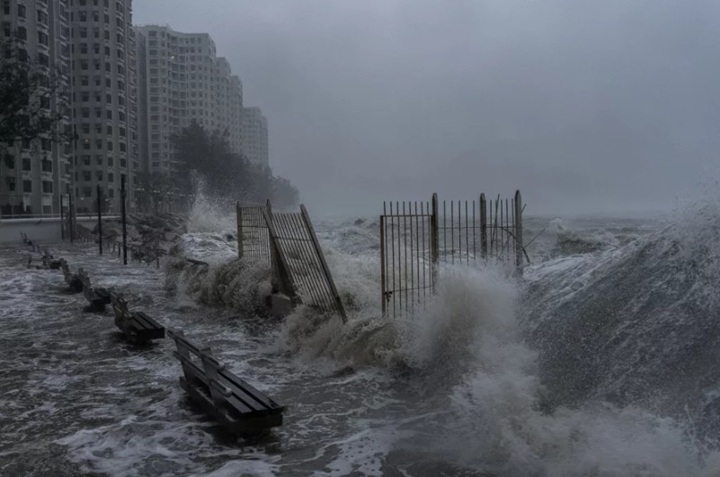Two Belgian teenagers are awaiting sentencing in Kenya after being arrested with 5,000 ants, a case that has drawn international attention and highlighted emerging trends in wildlife trafficking. Lornoy David and Seppe Lodewijckx, both 19, were apprehended on April 5 at a guest house in Naivasha, a popular tourist destination in western Kenya. Authorities allege the ants, valued at over $9,000, were destined for collectors and enthusiasts in European and Asian markets. In a separate case, Dennis N’gang’a of Kenya and Duh Hung Nguyen, a Vietnamese national, were also charged with illegally collecting ants and trading in live wildlife species.
The pair, who had entered Kenya on tourist visas, were formally charged on April 15 with violating the country’s wildlife conservation laws. In court, the teenagers claimed they were unaware that keeping or transporting the ants was illegal, stating they were “just having fun.” Their lawyer, Halima Nyakinyua Magairo, argued that her clients did not realize their actions constituted a crime and expressed hope that the Belgian embassy would provide additional support during the judicial process.
Kenyan authorities say the case marks a significant shift in wildlife trafficking patterns, moving from well-known large mammals to lesser-known but ecologically vital species. The Kenya Wildlife Service (KWS) described the incident as emblematic of a new trend, noting that the ants—identified as messor cephalotes, a large red harvester ant native to East Africa—are increasingly sought after by hobbyists who keep them as pets and observe their colony behavior. Online marketplaces in Europe have listed various ant species for sale, reflecting growing international demand.
Magistrate Njeri Thuku, presiding at a court near Nairobi’s main airport, has delayed sentencing until May 7 to allow for a thorough review of environmental impact and psychological reports submitted to the court. The outcome of this case is being closely watched, as it may set a precedent for how Kenya and other countries address the trafficking of lesser-known wildlife species in the future.
“Your donation helps us cover global events, ensuring everyone stays informed.”
(Source: Associated Press | Washington Post | DW)









